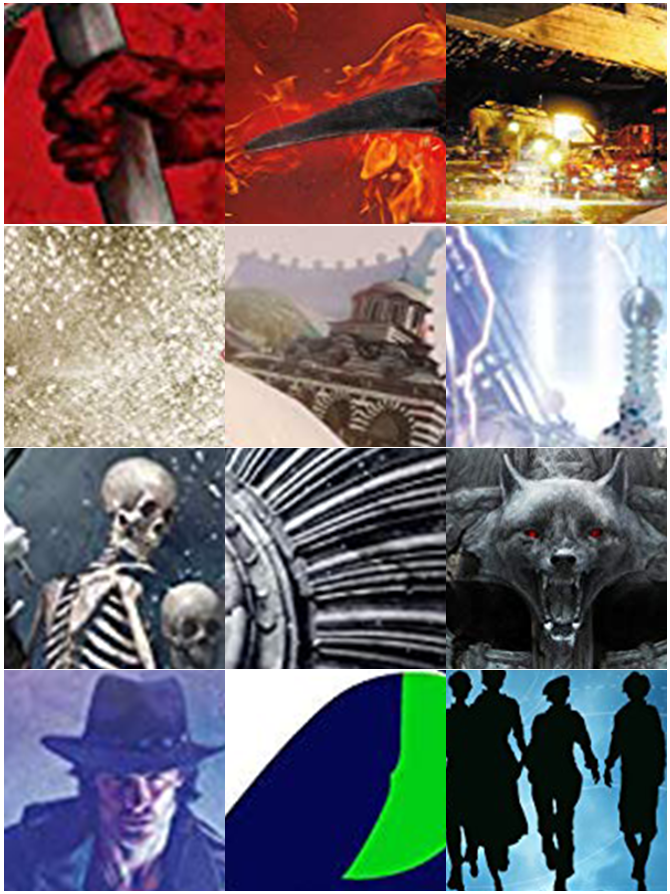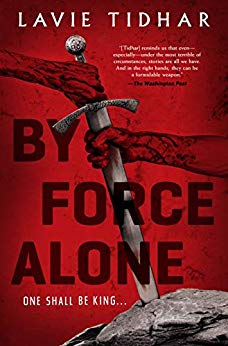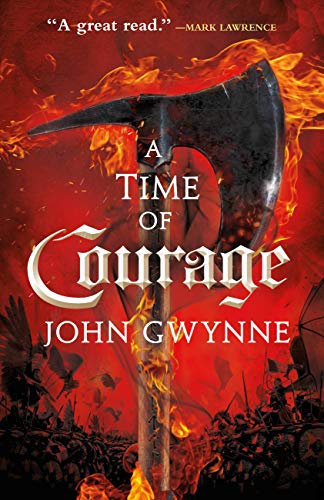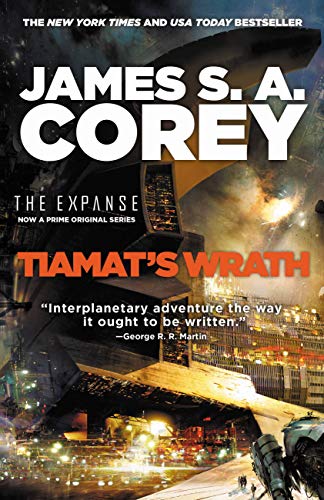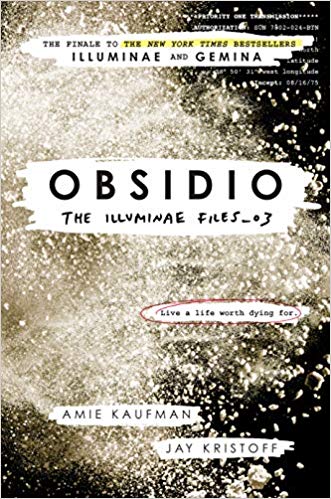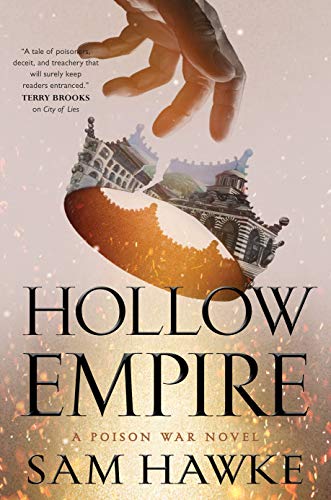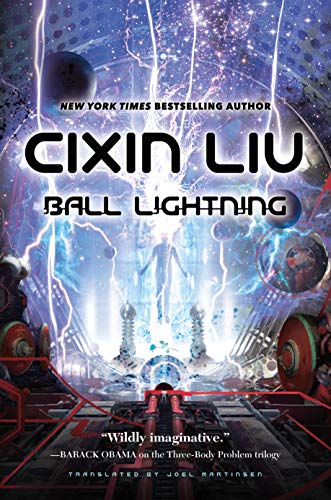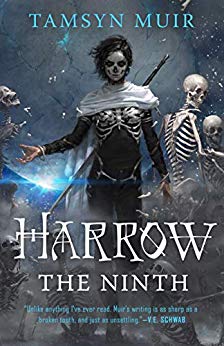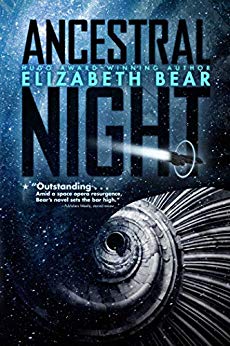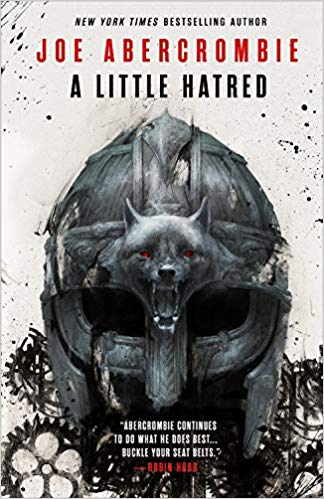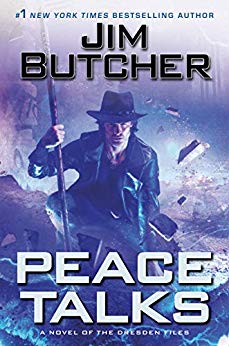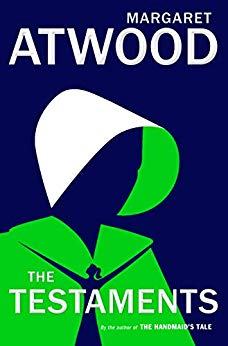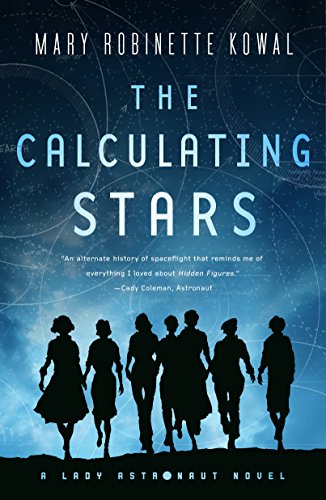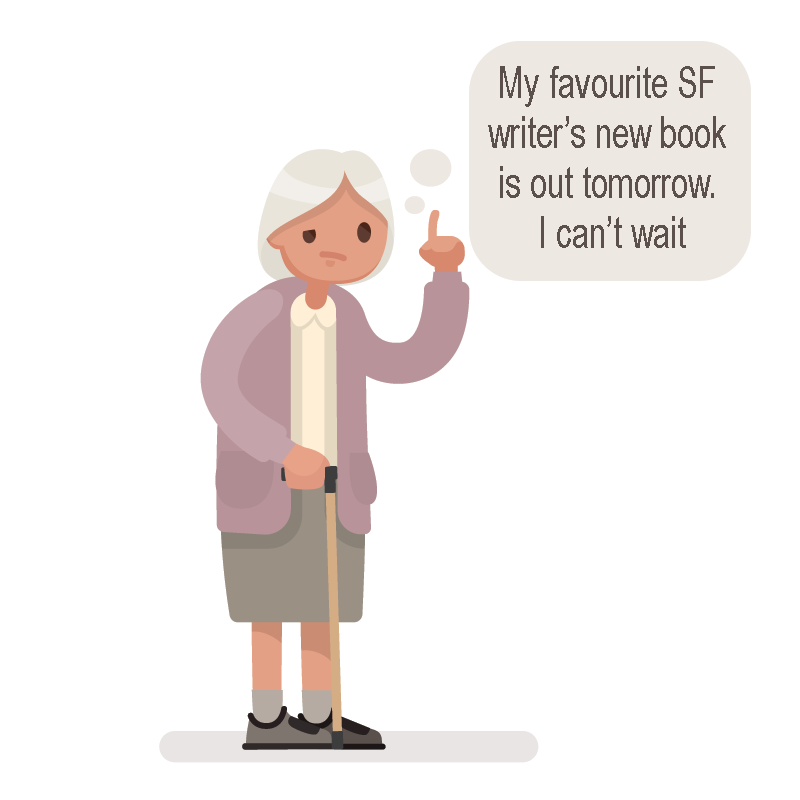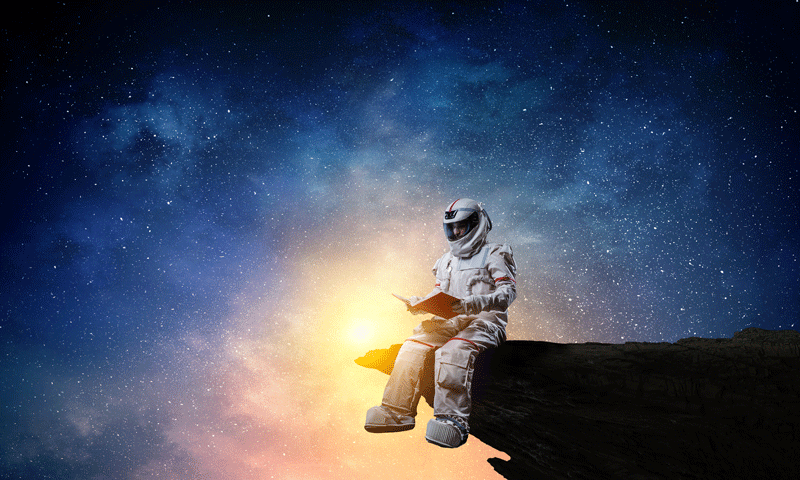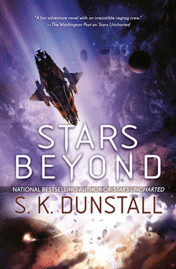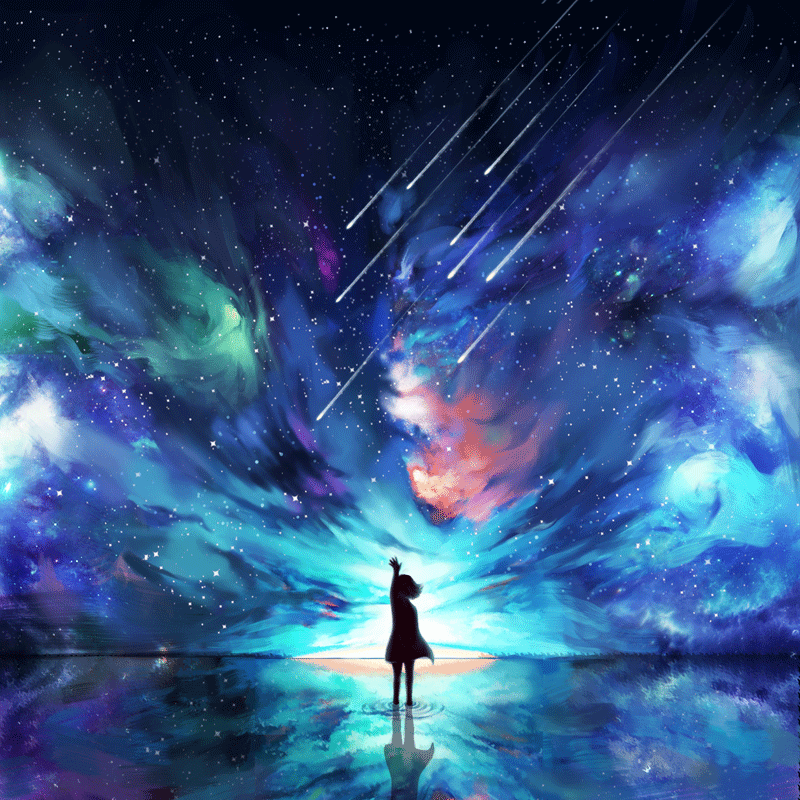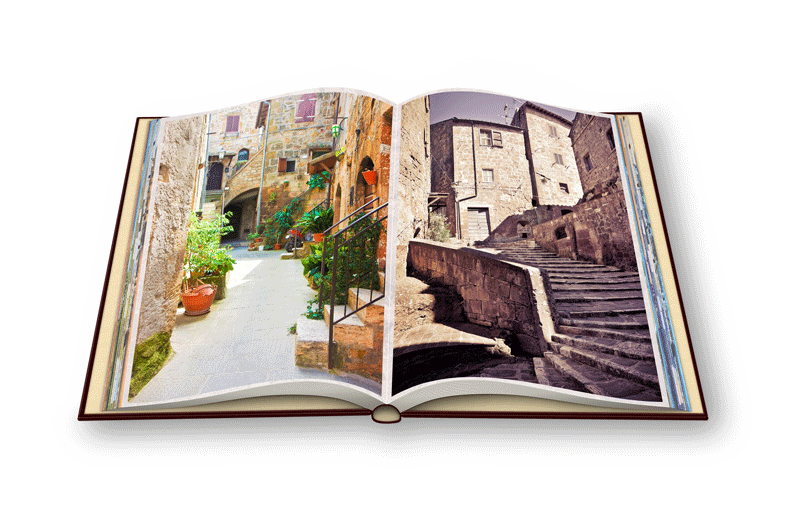
There has been a lot of talk in the Twitterverse lately about gateway books. These are the books, or book, that you read that makes you a fan of a genre.
Harry Potter is a gateway book. Many fantasy fans grew up reading Harry Potter and progressed to reading other fantasy. If we include film and television, Star Wars and Star Trek can be considered gateway stories as well.
Many people—particularly older people—will recommend the classics. “You’ve got to read Lord of the Rings.” (I read it in secondary school, and enjoyed it, but I have never read it since.) Or, “Robert Heinlen is the grand master of science fiction. You must read him. Stranger in a Strange Land.” (Never give someone a sixty-year-old book as a gateway book. Few last the tyranny of time.)
Not only that, different people have different gateway books. You can’t—and shouldn’t—recommend the same books to everyone.
Being a science fiction writer, people often ask me for recommendations. They also, sometimes, ask whether they would enjoy our books. My answers are the same for both the recommendations, and the should-I’s. I have a little mini-quiz I ask.
- What do you read?
- What television shows do you watch?
- What movies do you like?
- Not everyone reads books, but if they do, I ask about some of their favourite books.
After that, I’ll recommend some books if I can come up with any I think they’ll like.
I try to make them:
- Published within the last twenty years, the last ten, if I can
- Strongly character-based.
For most people, but not all, I also try for lighter stories rather than serious ones. Few people are ready for heavy tomes as entrees into a genre. That often comes later, when they start to enjoy the genre.
Likewise, the classics come later, too. Sometimes they even come after someone has watched a television series. That’s what I did with Pride and Prejudice. Couldn’t get into it until I watched the BBC version (I’m sure I don’t need to say which one, it’s the classic). After which I finally read the book right through.
